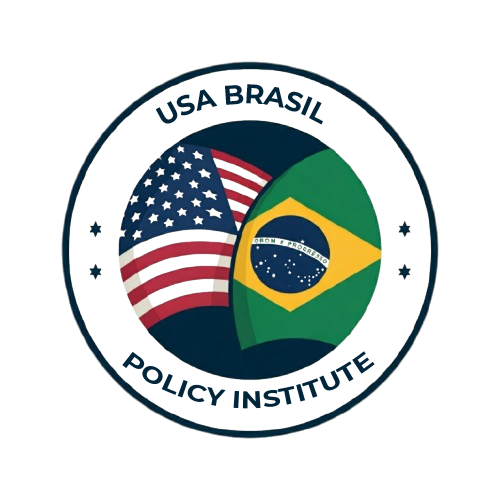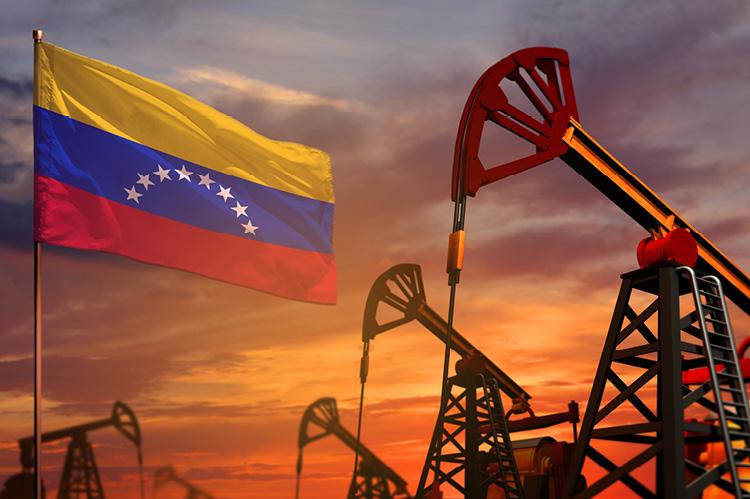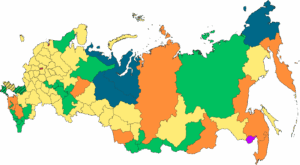Venezuela, a nation blessed with beauty and cursed by its leaders, is a study in tragedy. 28 million people suffer under a kleptocratic dictatorship that has driven 7.2 million to flee since 2015. The regime, desperate with entrenched power, has systematically mismanaged the nation’s oil industry, once a source of prosperity, selling off its future to survive the present.
The USA-Brazil Policy Institute has long grappled with this crisis. We even planned a trip to Venezuela in 2019, with meetings scheduled to engage with some generals about unrelated matters. Sadly, concerns about safety and ulterior motives by the Brazilian schedulers scuttled the mission. But the question persists: how do you fix a nation when its dictator refuses to leave?
The answer, unpalatable as it may seem, lies in understanding the mind of a dictator. Latin American strongmen, I’ve been told by more than one ethically-challenged individual, crave power above all else. Maduro, awash in power, is addicted to it. Even a king’s ransom ($100 billion) wouldn’t tempt him to relinquish his throne. The line I have heard is “The desires in life are first money, then women, and then power. If you can get money, you can get women, and after money, power is all that remains to desire.”
So, what can be done? Venezuela’s oil sector, capable of producing 8 million barrels per day, languishes at a fraction of its potential. The players are known: Rosneft, Chevron, China National Petroleum Company, and the hollowed-out shell of PDVSA, entangled in a web of joint ventures.
The solution, radical and some will laugh, but it may be, is a corporate takeover. Not by force, but by contract. Leave Maduro as a figurehead, a “king” with a military and the bureaucracy of government. The actual running of the state – education, healthcare, immigration, environment, and crucially, the oil sector – would be outsourced to a consortium of US oil companies.
PDVSA would become a mere royalty collector. The oil companies, given free rein, would revitalize the industry, pumping billions into infrastructure and bringing production back to its former glory and then onto 5 million more barrels per day. The cost? Well far less than an invasion of Iraq. An upfront payment of $50 to $100 billion to Maduro’s regime, the signing bonus, sanctioned by the US government, and a 20% royalty on oil revenues. In exchange, the companies would assume responsibility for educating 9 million children and providing healthcare to the population and approving new wells and pipelines as they run the environmental agency.
This is a bold plan, one that requires bold leadership. It’s a gamble, but the alternative is continued suffering. Is it ethical? To some, of course not. However, high-level education and healthcare might be run more effectively than under a kleptocratic regime. Is it pragmatic? Certainly. In the face of such entrenched tyranny, desperate times may call for desperate measures. It also doesn’t cost anything to try. Furthermore, bringing “King Maduro” to the US side of the table will undoubtedly undermine his relationships with China and Russia.




